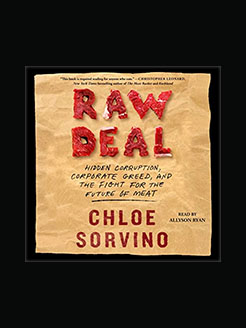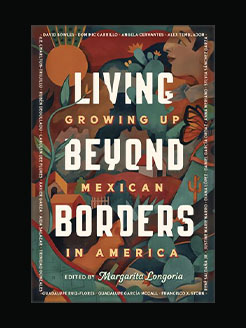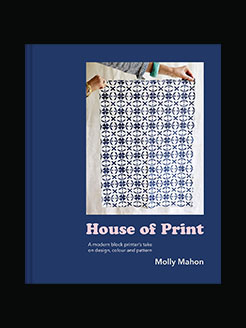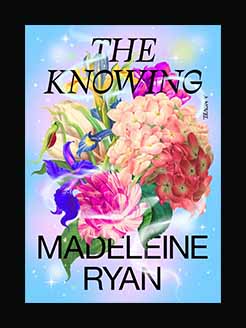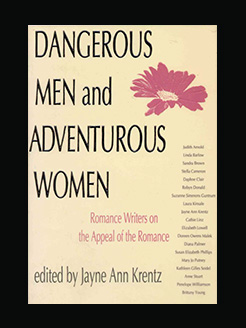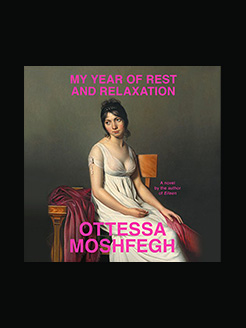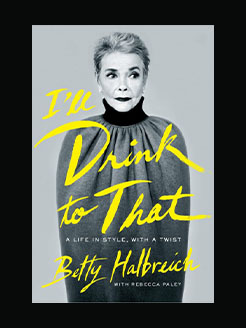Published in 1984
190 pages
7 hours 32 minutes
Audre Lorde’s poetry was published very regularly during the 1960s — in Langston Hughes’ 1962 New Negro Poets, USA; in several foreign anthologies; and in black literary magazines. During this time, she was politically active in civil rights, anti-war, and feminist movements. Her first volume of poetry, The First Cities (1968), was published by the Poet’s Press and edited by Diane di Prima, a former classmate and friend from Hunter College High School. Dudley Randall, a poet and critic, asserted in his review of the book that Lorde “does not wave a black flag, but her blackness is there, implicit, in the bone.”
Her second volume, Cables to Rage (1970), which was mainly written during her tenure at Tougaloo College in Mississippi, addressed themes of love, betrayal, childbirth and the complexities of raising children. It is particularly noteworthy for the poem “Martha”, in which Lorde poetically confirms her homosexuality: “[W]e shall love each other here if ever at all.” Later books continued her political aims in lesbian and gay rights, and feminism. In 1980, together with Barbara Smith and Cherríe Moraga, she co-founded Kitchen Table: Women of Color Press, the first U.S. publisher for women of colour. Lorde was State Poet of New York from 1991 to 1992.
What is this book about?
Presenting the essential writings of black lesbian poet and feminist writer Audre Lorde, Sister Outsider celebrates an influential voice in 20th-century literature. In this charged collection of 15 essays and speeches, Lorde takes on sexism, racism, ageism, homophobia, and class and propounds social difference as a vehicle for action and change. Her prose is incisive, unflinching, and lyrical, reflecting struggle but ultimately offering messages of hope.
This commemorative edition includes a new foreword by Lorde scholar and poet Cheryl Clarke, who celebrates the ways in which Lorde’s philosophies resonate more than 20 years after they were first published.
A collection of fifteen essays written between 1976 and 1984 gives clear voice to Audre Lorde’s literary and philosophical personae. These essays explore and illuminate the roots of Lorde’s intellectual development and her deep-seated and longstanding concerns about ways of increasing empowerment among minority women writers and the absolute necessity to explicate the concept of difference—difference according to sex, race, and economic status. The title Sister Outsider finds its source in her poetry collection The Black Unicorn (1978). These poems and the essays in Sister Outsider stress Lorde’s oft-stated theme of continuity, particularly of the geographical and intellectual link between Dahomey, Africa, and her emerging self.
